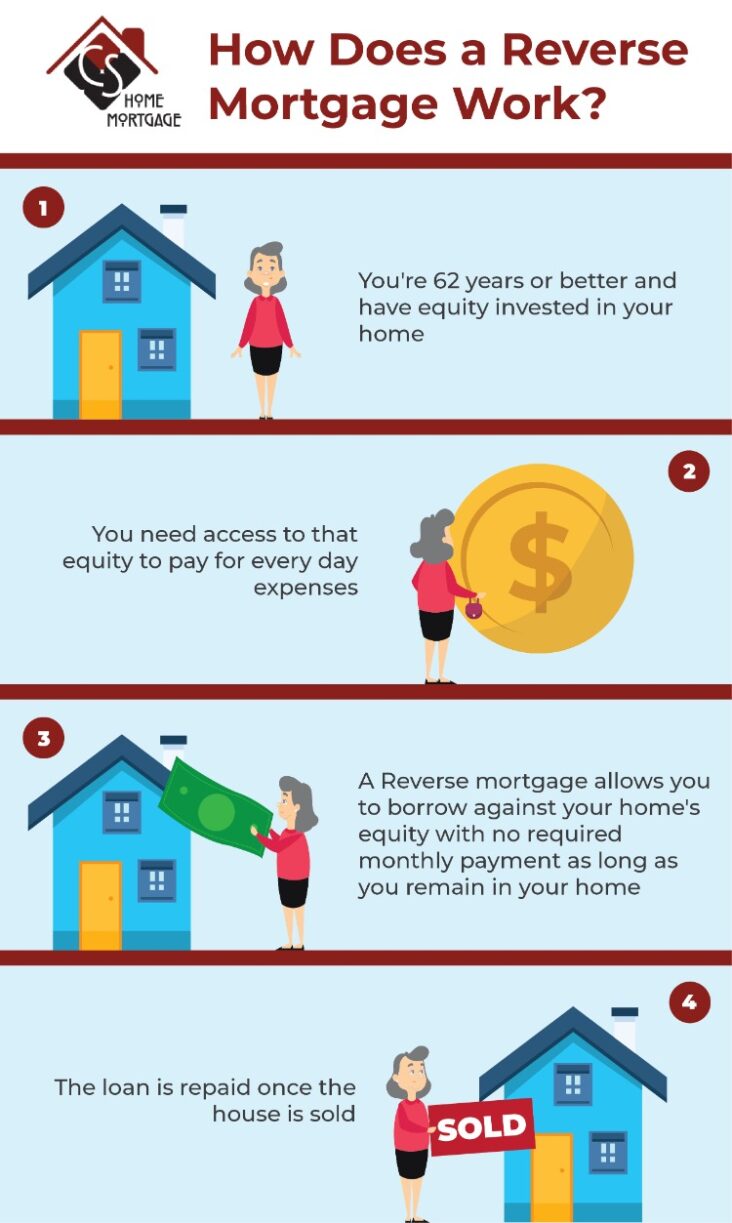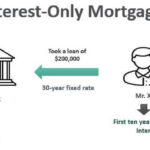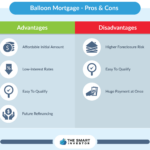Reverse mortgages are a great way to unlock the equity in your home and provide financial security in retirement. This guide will help you understand how a reverse mortgage works, the eligibility requirements, and the pros and cons of taking out a reverse mortgage. We’ll also provide you with the best tips for choosing the right reverse mortgage lender and the key questions to ask before you commit. With this comprehensive guide, you’ll have all the information you need to make an informed decision about a reverse mortgage.
What is a Reverse Mortgage?
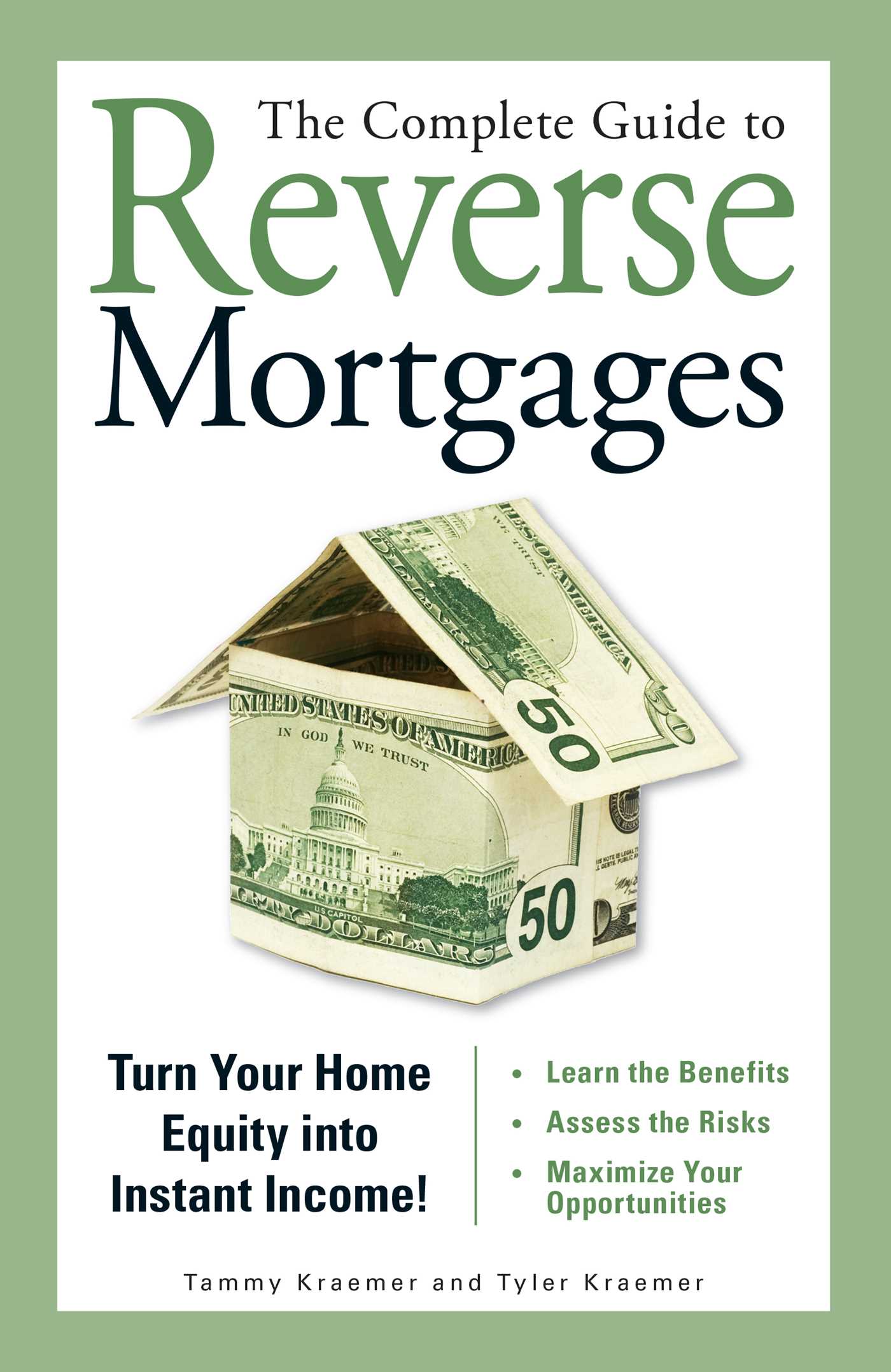
A reverse mortgage is an incredibly useful tool for seniors who are looking to tap into the equity they’ve built up in their homes. It’s a way to turn the equity they’ve built over the years into cash, without having to move out of their home or make monthly payments on the loan. With a reverse mortgage, seniors can receive a lump sum of money, either in a lump sum or in the form of monthly payments, that can be used for a variety of different things. Whether it’s for medical bills, home repairs, or a much needed vacation, a reverse mortgage can be a great way for seniors to get the money they need without having to take out a traditional loan. And it’s a great way for seniors to stay in the home they love, while still having access to the money they need.
Pros and Cons of a Reverse Mortgage
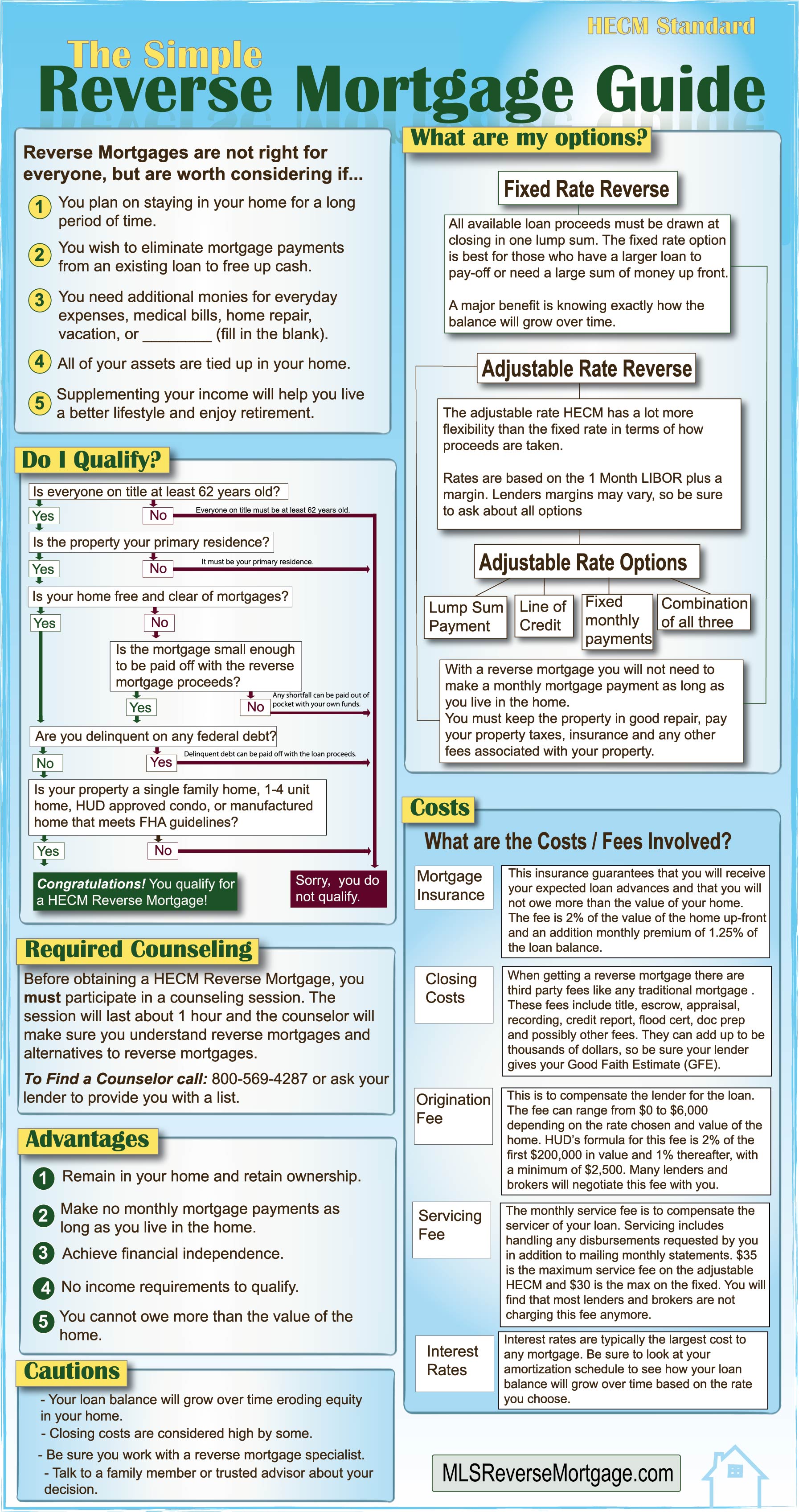
If you’re considering a reverse mortgage, you’re probably trying to weigh the pros and cons. On the plus side, a reverse mortgage can help you access your home equity without selling your house, and the funds can be used for a variety of purposes, such as supplementing your retirement income or paying for medical expenses. Additionally, you can usually stay in your home as long as you keep up with property taxes and insurance and maintain the home. On the other hand, a reverse mortgage can be very expensive, and the loan balance can grow over time, so it’s important to make sure you understand all the details before you sign on the dotted line. Additionally, if you move, sell your home, or pass away, you or your heirs may be responsible for paying back the loan. All in all, a reverse mortgage can be very helpful to those who need it, but it’s important to do your research and make sure you know all the risks before you make a decision.
How to Qualify for a Reverse Mortgage
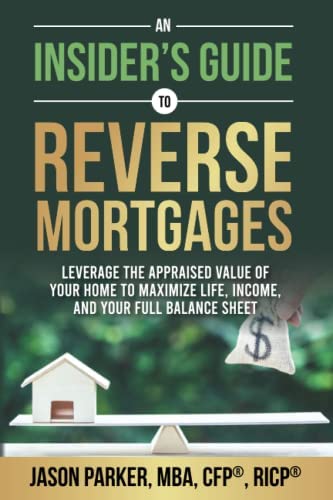
If you’re a homeowner age 62 or older and looking for a way to supplement your retirement income, a reverse mortgage could be the perfect solution. But, before you jump into anything, it’s important to know if you qualify for a reverse mortgage. Fortunately, the qualifications for a reverse mortgage are pretty straightforward. To qualify, you must be at least 62 years old, own your home outright or have a low mortgage balance that can be paid off at closing with proceeds from the reverse mortgage, and occupy your home as your primary residence. Additionally, you must have enough equity in your home, receive counseling, and meet the financial assessment guidelines. If you’re thinking about applying for a reverse mortgage, the best thing to do is have a conversation with a reverse mortgage expert. They can help you determine if a reverse mortgage is the right move for you and, if so, walk you through the entire process.
How to Avoid Common Mistakes with a Reverse Mortgage
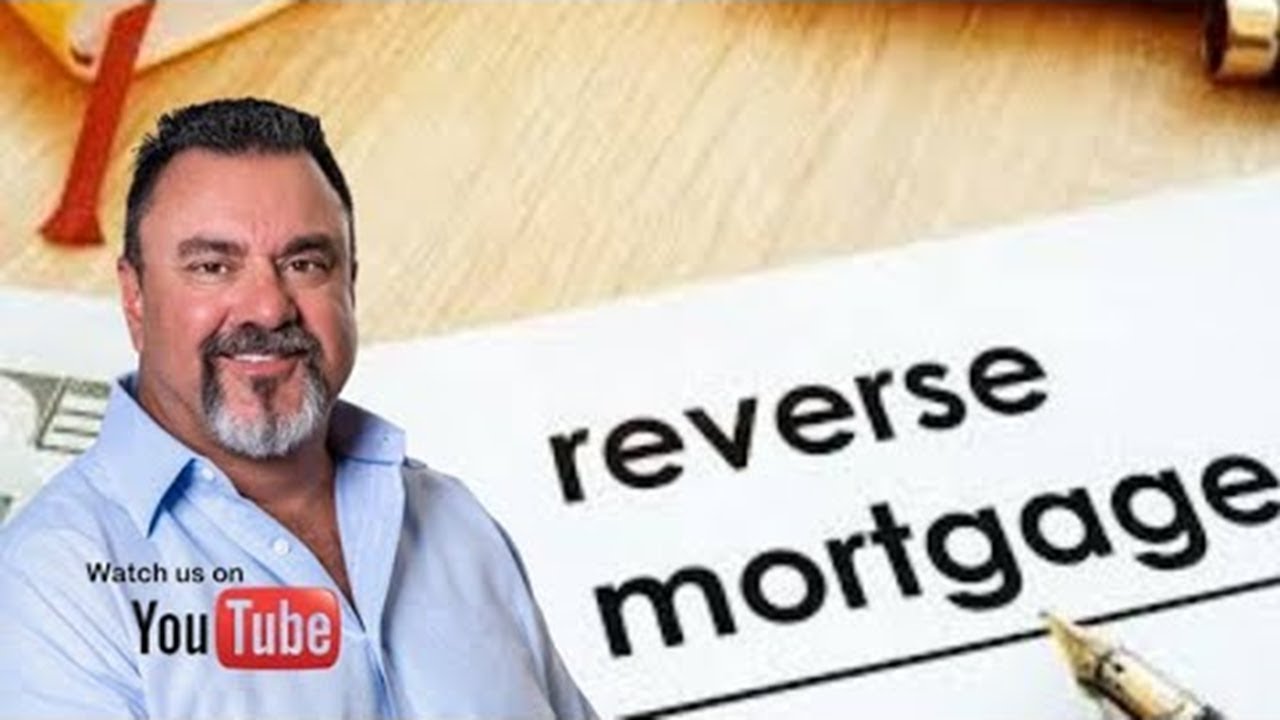
When it comes to reverse mortgages, it’s important to know what you’re getting into. A lot of people who take out reverse mortgages make common mistakes that can cost them in the long run. To avoid these mistakes, you should take the time to properly research and understand the terms and conditions of your reverse mortgage. Make sure that you understand the interest rates and fees associated with the loan, and make sure you understand the implications of defaulting on the loan. Additionally, make sure you’re working with a reputable lender, as there are a lot of scams out there. Finally, make sure you’re ready to make regular payments on the loan, as you don’t want to fall behind on payments and risk losing your home. Taking the time to make sure you understand the terms of your loan can save you a lot of hassle down the line.
What to Keep in Mind When Considering a Reverse Mortgage
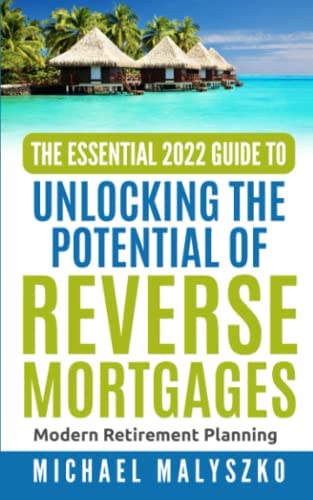
When it comes to getting a reverse mortgage, there are a few things you should keep in mind. First, it’s important to understand that a reverse mortgage is a loan, and with any loan, there are associated costs. You’ll need to consider the closing costs, loan origination fees, and other fees associated with the loan. You’ll also need to consider the interest rates and repayment terms. Another factor to consider is how the loan will affect your estate and heirs. You’ll want to make sure that your heirs are not left with a large debt after you pass away. Lastly, it’s important to research the different lenders and find the one that best fits your needs. Taking the time to do your research and compare different options will help ensure that you get the best deal possible.

